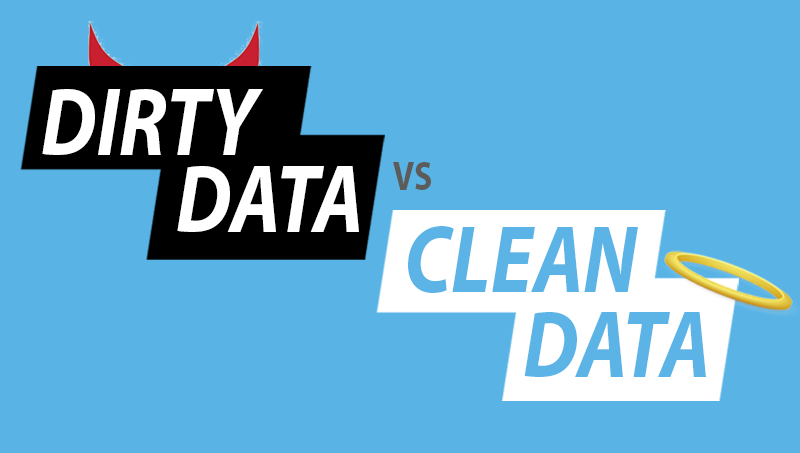Finding the Entrepreneur in You🫵
In Accra, Kumasi, Tamale and even the smallest communities across Ghana, you’ll find markets that never sleep and side hustles that never end. From the trotro mate collecting coins with digital precision, to the young woman selling airtime while taking mobile money payments, entrepreneurship is everywhere, even if it doesn’t always look like it. But the issue is that too many Ghanaians still view entrepreneurship as something reserved for tech bros or people with capital and corner offices. That mindset needs to change. Because today’s Ghana needs more entrepreneurs and more people who think like businesses, whether they are formally registered or not, as Alhaji Tanja will attest to this. There’s a certain fire that lives inside you, and it lives inside everyone who ends up being an entrepreneur. Sometimes it shows up as a big, bold vision. Other times, it’s just a quiet, restless itch to do things better, faster, smarter. But that fire doesn’t belong only to CEOs or business owners. It can live in the trader in Makola, the nurse running a side hustle, the student selling on campus after class, or the driver saving up for their own ride. Entrepreneurship is more than owning a business. I work with so many agro-aggregators and farmers and I can confidently tell you that it’s more about how you think, how you solve problems, how you take initiative, and how you create value even when resources are tight. And in today’s Ghana, whether you’re employed or unemployed, in the informal or formal sector, thinking like a business isn’t optional anymore. It’s a survival strategy and the bridge between struggle and stability. Ghana is a country within a continent whose ancestors’ ancestors have been hustlers, not just job seekers. THE REAL MEANING OF AN ENTREPRENEURIAL MINDSET Let’s strip away the buzzwords. An entrepreneurial mindset means three things: This is why a woman selling waakye at dawn can outperform a shop manager with a university degree. It’s more than the job title. It’s very much about the mindset too. The Ghanaian economy is largely informal, making up about 80% of the workforce according to the Ghana Statistical Service. That means most people are not in structured employment. Salaries are not guaranteed. Opportunities are not handed out. So we must create our own. WHY NOW MORE THAN EVER? It’s because the cost of living is rising. Global economic pressures. Currency fluctuations are still possible. Youth unemployment. I am not just taking this from headlines. They’re a daily reality for millions of Ghanaians. But here’s the paradox: these same challenges make this the best time to think like an entrepreneur. Hard times force creativity. Scarcity sharpens skill. And technology levels the playing field. You don’t need a big office to start a venture. You need a phone, a plan, and the right frame of mind. You can use WhatsApp to run a delivery business, Instagram to sell fashion, and Mobile Money makes things much easier compared to decades ago. It’s happening already. The question is, are you in the game or watching from the sidelines? HOW TO START THINKING LIKE A BUSINESS (EVEN IF YOU’RE NOT ONE YET) Knowing your value is the first step to packaging it into a product, service, or solution. This discipline separates a hustle from a business. It’s also what banks, investors, and even partners look for. You need suppliers, mentors, marketers and other people who can help your business, even if informally. One relationship can change your entire trajectory. WHAT ESTABLISHED BUSINESSES CAN DO BETTER Even if you already run a business, adopting an entrepreneurial mindset can help you grow. WHERE TO FIND SUPPORT IN GHANA Don’t ignore these. Look them up. Apply. Follow up. Your breakthrough might just be in that one opportunity. EVERYONE IS A BUSINESS Your skill is your product. Your phone is your shop. Your time is your capital. If you don’t treat yourself like a business, who will? It’s a new culture you have to adopt. One where every Ghanaian feels empowered to create, not just consume. One where we teach entrepreneurship not only in lecture halls but in life. Because the truth is, this country needs millions of thriving small businesses. And behind every one of them is a mindset. A habit. A way of seeing the world, from the eyes of a Ghanaian just like you. That’s the entrepreneur in you. Let it lead you. I hope you found this article both insightful and enjoyable. Subscribe to the ‘Entrepreneur In You’ newsletter here: https://lnkd.in/d-hgCVPy. I wish you a highly productive and successful week ahead! ♕ —- ♕ —- ♕ —- ♕ —- ♕ Disclaimer: The views, thoughts, and opinions expressed in this article are solely those of the author, Dr. Maxwell Ampong, and do not necessarily reflect the official policy, position, or beliefs of Maxwell Investments Group or any of its affiliates. Any references to policy or regulation reflect the author’s interpretation and are not intended to represent the formal stance of Maxwell Investments Group. This content is provided for informational purposes only and does not constitute legal, financial, or investment advice. Readers should seek independent advice before making any decisions based on this material. Maxwell Investments Group assumes no responsibility or liability for any errors or omissions in the content or for any actions taken based on the information provided.
Finding the Entrepreneur in You🫵 Read More »




